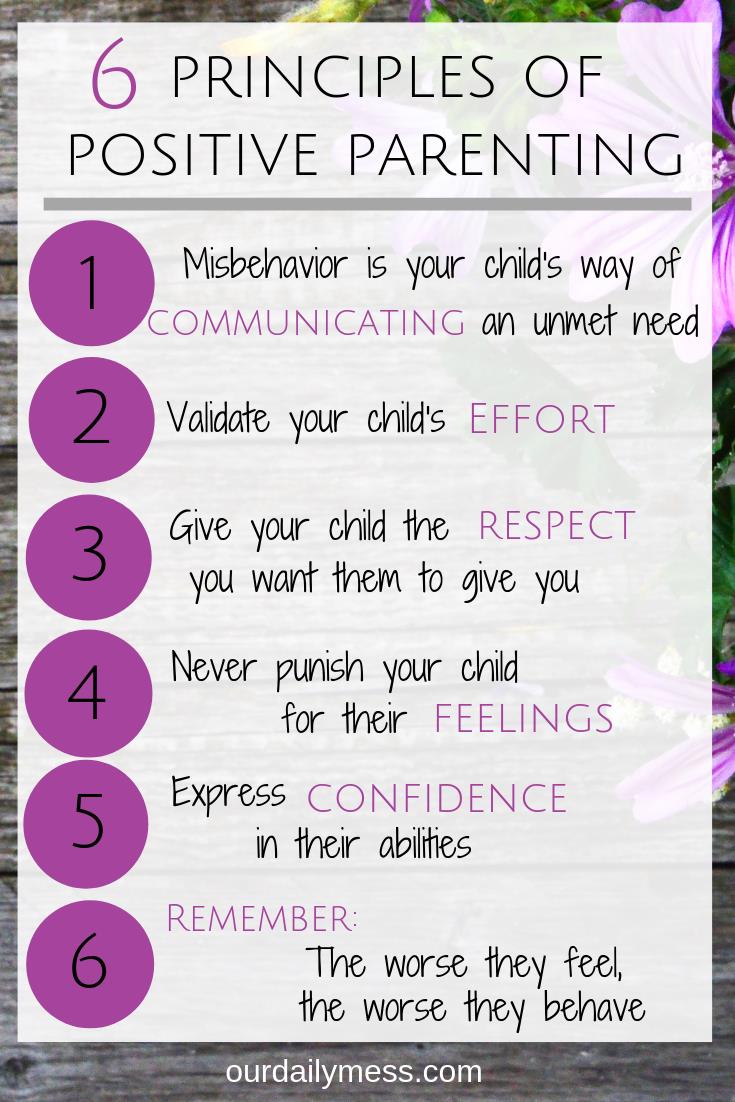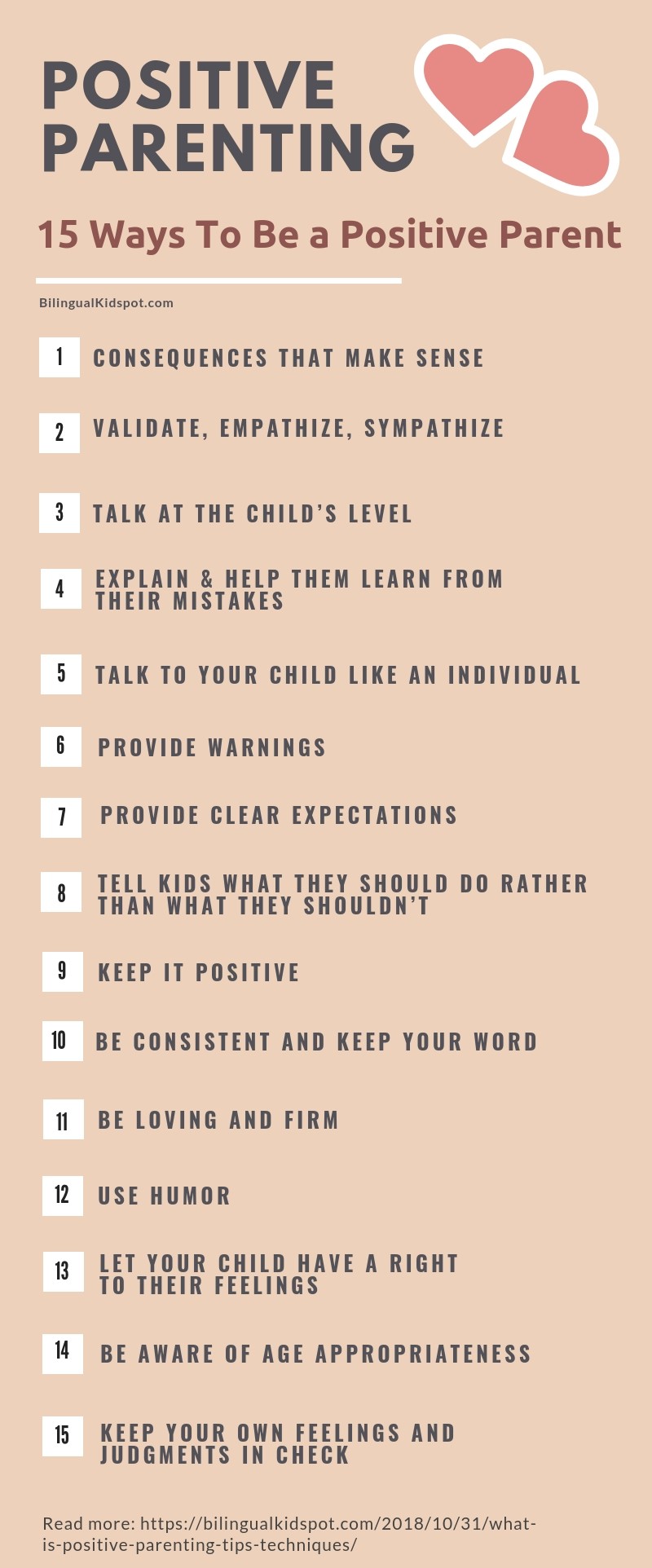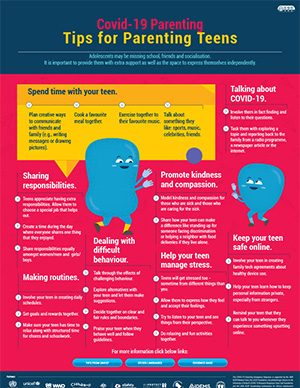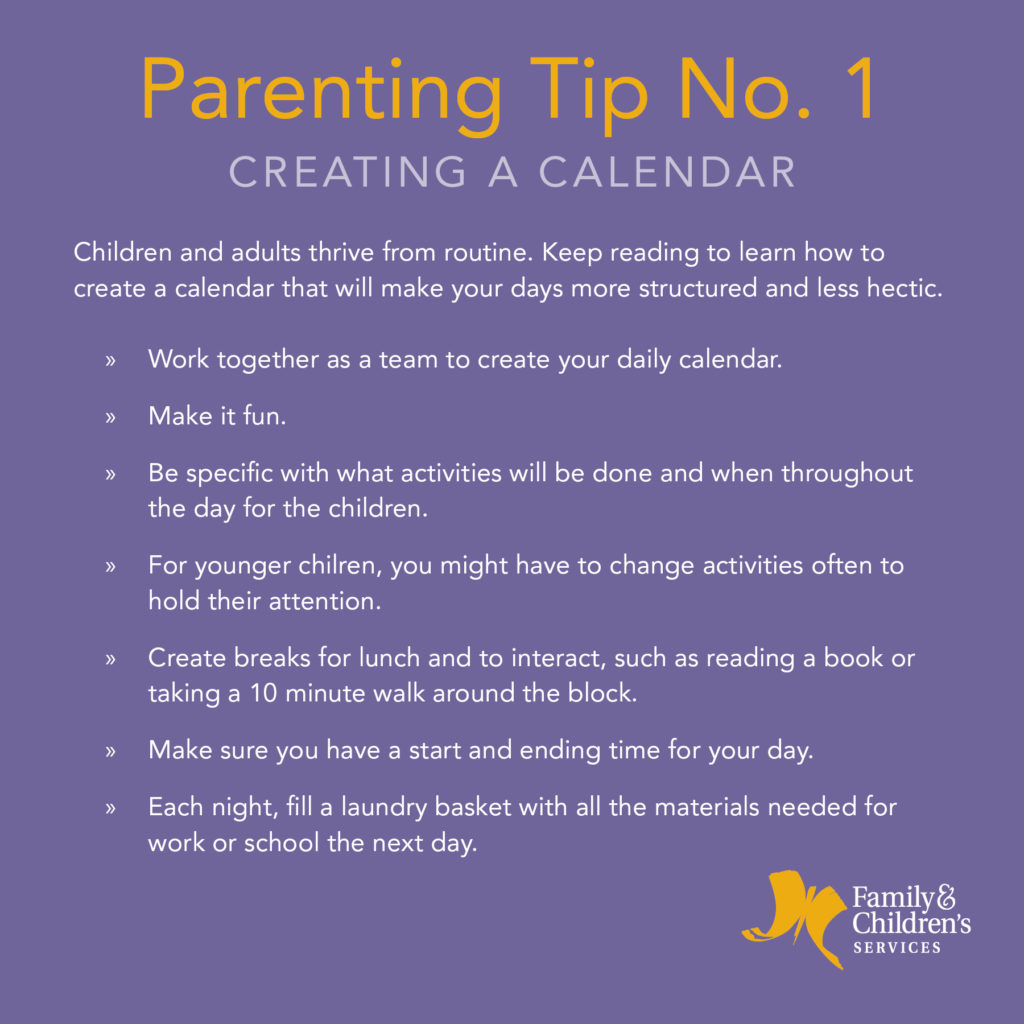
Are you tired of feeling like parenthood is a constant struggle? Do you wish there was a way to harness the power of effective parenting strategies and unmask the true potential of your role as a parent? You're not alone. Many parents feel overwhelmed and frustrated with the daily challenges that come with raising children, but it doesn't have to be this way.
By incorporating proven techniques such as setting boundaries, creating routines, practicing positive reinforcement, communication, discipline, and nurturing relationships, you can transform your parenting journey into one that is empowering and fulfilling.
In this article on 'Unmasking Parenthood: Harness the Power of Effective Parenting Strategies,' we will explore how these strategies can help unlock the potential within both you and your child.
So take a deep breath, put aside any doubts or fears you may have about parenting, and let's dive into this transformative journey together.

Setting Boundaries
It's important to establish limits and guidelines for your children, so they know what is expected of them in various situations. When you set boundaries, you're teaching your child how to navigate the world around them.
Establishing limits isn't about controlling your child's every move; it's about creating a safe and structured environment that fosters growth and development.
To effectively set boundaries, you must be consistent with consequences when those limits are crossed. Consequences should always be reasonable and age-appropriate, but they should also serve as a learning opportunity for your child.
Building trust is another essential component of boundary setting. Your child needs to understand that you're not just imposing rules on them arbitrarily - rather, these guidelines are meant to help keep them safe and prepare them for life outside of the home.

When you approach boundary-setting with mutual respect for both yourself and your child, you're more likely to create an environment where everyone feels heard and understood.
As you continue on this journey towards effective parenting strategies, remember that establishing routines can also play a significant role in helping your child feel secure and supported in their daily life...
Creating Routines
Creating routines can be a fun and helpful way to make daily life smoother for both parents and kids. Consistency and flexibility are key when establishing routines that work for your family.
Consistency helps children feel secure knowing what to expect, while flexibility allows for adjustments based on unforeseen circumstances or changing needs. Balancing structure and spontaneity is also important when creating routines.

While having a set schedule can provide structure, it's important to allow room for spontaneity and creativity within that structure. This can help prevent burnout and keep things exciting for both parents and kids. When creating routines, involve your children in the process as much as possible to encourage ownership of the routine.
Here are some tips for creating effective routines:
- Start small with one or two new routines at a time.
- Be realistic about what you can accomplish in a day.
- Make sure everyone understands their roles in the routine.
- Adjust the routine as needed based on feedback from everyone involved.
By establishing consistent yet flexible routines, you'll create an environment where positive behaviors are reinforced naturally without even thinking about it. Keep reading to learn more about practicing positive reinforcement in your parenting journey!
Practicing Positive Reinforcement
You may have heard that positive reinforcement is a powerful tool in parenting, but do you know exactly how to use it effectively?

Rewarding positive behavior is not just about giving treats or toys; it's about acknowledging and praising your child's efforts and progress.
Encouragement and support are also crucial components of positive reinforcement, as they help build your child's confidence and self-esteem.
Rewarding Positive Behavior
If you want to encourage good behavior in your child, try rewarding them with positive reinforcement. One effective way to do this is by using a behavior chart or a token economy system.
A behavior chart can be as simple as drawing a grid and putting stickers on it every time your child exhibits positive behavior. On the other hand, a token economy involves giving your child tokens for good behavior, which they can exchange for rewards later on.

Rewarding positive behavior not only reinforces good habits but also boosts your child's self-esteem and confidence. When children see that their efforts are appreciated and recognized, they become more motivated to continue behaving well.
It's important to remember that rewards don't always have to be material gifts; verbal praise and physical affection go a long way in reinforcing positive behavior too.
By implementing positive reinforcement strategies like using a behavior chart or token economy, you're creating an environment where your child feels supported and encouraged to do their best.
In the next section about encouragement and support, we'll delve deeper into how you can help your child build resilience and overcome challenges without resorting to punishment or negativity.

Encouragement and Support
Let's explore how we can uplift and empower our children through encouragement and support, making them feel capable of overcoming any obstacle that comes their way. Building resilience is essential in helping our children develop a positive mindset that will allow them to navigate life's challenges with confidence.
Encouraging your child to take on new experiences and celebrating milestones will help build their sense of self-worth and ability to persevere. As a parent, it's crucial to provide emotional support to your child, especially during difficult times. Showing empathy towards their feelings and being present for them can go a long way in building trust and strengthening your relationship with your child.
By providing an environment that fosters open communication, you are creating a safe space where they can express themselves freely without fear of judgment or ridicule. This sets the foundation for healthy communication habits later in life. By incorporating these strategies into your parenting style, you are effectively nurturing qualities such as resilience, self-confidence, and emotional intelligence in your child, preparing them for success in all aspects of their lives.
As we move forward into the next section about communication, let us remember the importance of building a strong foundation for effective communication within our families.

Communication
In this section, let's talk about improving your connection with your child through effective communication. Active listening and open dialogue are essential in building a healthy relationship with your child. You must listen to what they say, ask questions, and respond thoughtfully to make them feel heard and understood.
To establish open communication, set aside time from your busy schedule to have one-on-one conversations with your child. Create an environment where they can express themselves freely without fear of judgment or punishment. By doing this, you'll create a sense of trust between you and your child that will enable them to come to you for advice when they need it.
With better communication comes better understanding of each other's thoughts and feelings–a crucial aspect in fostering a loving parent-child bond that leads us into the next topic: discipline.
Discipline
As a parent, you understand the importance of communication in building a strong relationship with your child. But what happens when they misbehave? This is where discipline comes into play.

Discipline isn't just about punishment but rather setting age-appropriate expectations and consistently enforcing consequences for actions. When it comes to discipline, consistency is key. Children thrive on routine and predictability, so it's important to establish clear guidelines and stick to them.
This means following through on consequences every time, whether it's a verbal warning or taking away privileges. By doing this, you're teaching your child that their actions have consequences and helping them develop self-control.
In nurturing relationships with our children, we must also remember the importance of positive reinforcement and praise. Letting your child know when they've done something well can boost their confidence and encourage future good behavior.
Find ways to reward positive behavior instead of solely focusing on the negative. Remember that parenting is a journey full of challenges, but with consistent discipline and nurturing relationships, you can help guide your child towards becoming responsible adults who make positive contributions to society without sacrificing their freedom.

Nurturing Relationships
When we prioritize building strong relationships with our children through consistent discipline and positive reinforcement, we can help them develop the self-control needed to thrive in society.
One of the key aspects of nurturing relationships is building trust between you and your child. Trust is essential for creating an environment where your child feels safe enough to share their thoughts and feelings with you. When you build trust, it allows your child to rely on you when they face difficult situations in life.
Another important aspect of nurturing relationships is fostering independence in your child. As parents, we want our children to grow up to be independent adults who can make responsible decisions for themselves. By giving them opportunities for independence, such as allowing them to make choices and take responsibility for their actions, we are teaching them how to be accountable individuals.
This also helps build their confidence and self-esteem, which will benefit them throughout their lives. Remember that providing guidance while also giving space for independence is a delicate balance, but one that can lead to a healthy parent-child relationship built on mutual respect and trust.

Frequently Asked Questions
How can I deal with my child's resistance to following the boundaries I have set?
Dealing with a child's resistance to following the boundaries you've set can be challenging, but it's not uncommon. In fact, a recent study found that nearly 80% of parents struggle with setting and enforcing rules for their kids.
However, there are effective strategies that can help. Positive reinforcement is a powerful tool in shaping behavior, so be sure to praise your child when they do follow the rules.
At the same time, consequences and accountability are important for helping your child understand the importance of boundaries. Be consistent in your approach and take the time to explain why certain rules are in place.
Remember that parenting is a process and mistakes will happen - but by remaining compassionate and empowering, you can guide your child towards healthy habits that will serve them well throughout their life.

What are some tips for maintaining consistency in routines when unexpected events occur?
Adapting to changes and establishing flexibility are key elements in maintaining consistency in routines when unexpected events occur. Managing expectations and setting realistic goals can also help you navigate these situations with ease.
It's important to remember that life is unpredictable, but that doesn't mean you have to sacrifice structure or discipline in your parenting approach. By being adaptable and flexible, you can adjust your routine without causing unnecessary stress for yourself or your child.
Recognize that unexpected events will happen, but don't let them derail your efforts towards effective parenting strategies. Empower yourself by approaching each situation with a positive mindset and the willingness to adapt accordingly – this will help you maintain consistency while still embracing life's surprises.
How can I avoid overusing positive reinforcement and ensure that my child develops intrinsic motivation?
To ensure your child develops intrinsic motivation, it's important to balance positive reinforcement with other forms of encouragement.

While praise can be powerful, overusing it can lead to a dependence on external validation.
Instead, focus on helping your child find joy in the process of learning and growing.
Encourage them to set goals and celebrate their progress towards achieving them.
Model self-motivation by pursuing your own passions and showing enthusiasm for challenges.

By creating an environment that fosters intrinsic motivation, you'll help your child develop a sense of autonomy and confidence that will serve them well throughout their life.
What are some effective communication strategies for talking to my child about sensitive topics like sex or drugs?
When it comes to discussing sensitive topics like sex or drugs with your child, it's natural to feel uneasy. However, avoiding these conversations can lead to missed opportunities for building trust and providing age-appropriate information.
One objection you may have is that your child might not be ready for such discussions. But the truth is, starting early and using an age-appropriate approach can help normalize these conversations and make them less awkward in the future.
By taking the time to build a strong foundation of trust with your child, you can create a safe space for open communication about even the most difficult subjects. Remember that while these conversations may be uncomfortable at first, they are essential for empowering your child with knowledge and helping them make informed decisions as they grow older.

How can I discipline my child without resorting to punishment or spanking?
When it comes to disciplining your child, punishment or spanking may seem like the easiest solutions. However, there are problem solving techniques and positive reinforcement alternatives that can be just as effective without causing harm.
Start by identifying the root cause of your child's behavior and work on addressing that issue instead of simply punishing them for their actions. Use positive reinforcement, such as praise and rewards, to encourage good behavior and teach your child how to make better choices in future situations.
By using these strategies, you can discipline your child while also promoting their growth and development in a compassionate way.
Conclusion
Congratulations! You've made it to the end of 'Unmasking Parenthood: Harness the Power of Effective Parenting Strategies.'

By now, you should have a better understanding of how to set boundaries, create routines, practice positive reinforcement, communicate effectively, discipline appropriately, and nurture relationships with your child.
Did you know that according to a study by the American Academy of Pediatrics, children who have authoritative parents (parents who are both responsive and demanding) have higher academic achievements and fewer behavioral problems?
This statistic emphasizes the importance of finding balance in your parenting style. It's not about being too strict or too lenient; it's about acknowledging your child's needs and providing them with guidance while still allowing them to grow and learn on their own.
Parenthood is not an easy journey, but it can be rewarding if we use effective parenting strategies. Remember to be patient with yourself and your child as you navigate through this experience.

Keep setting goals for yourself and adapting your parenting style as needed. With dedication and effort, you can become a successful parent who raises happy and healthy children. Good luck!
 RelationshipsHealthWorkMoneyParentingRetirementPrivacy PolicyTerms And Conditions
RelationshipsHealthWorkMoneyParentingRetirementPrivacy PolicyTerms And Conditions
